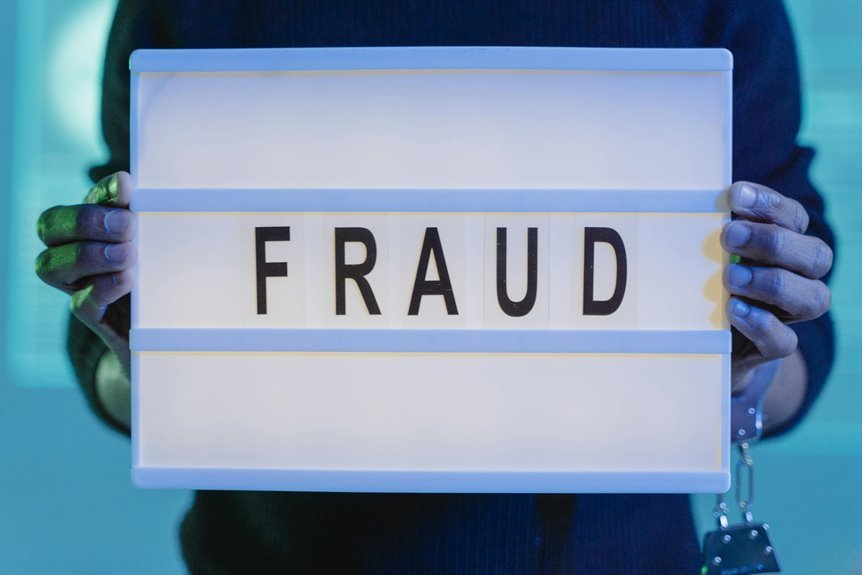The Hotline Fraud Investigation Caller Protection Center serves a critical function in combating fraudulent activities. It operates through multiple contact numbers, ensuring accessibility for individuals seeking assistance. The center emphasizes anonymity and secure communication while equipping citizens with the necessary resources to identify scams. Understanding its mechanisms, common fraud types, and protective measures can significantly enhance public awareness. What strategies does the center employ to empower individuals against financial threats?
Understanding the Role of the Hotline Fraud Investigation Caller Protection Center
What mechanisms ensure the safety and confidentiality of individuals reporting fraudulent activities?
Hotline operations employ various strategies, including anonymous reporting options and secure communication channels, to protect whistleblowers.
These systems are designed to foster trust and encourage participation in fraud prevention initiatives.
Common Types of Fraud Targeted by the Center
How does the hotline effectively address the diverse spectrum of fraudulent activities?
The center primarily combats identity theft and phishing schemes, which are prevalent in today’s digital landscape.
By investigating these crimes, the hotline aims to protect individuals from financial loss and emotional distress.
Through awareness and reporting, it enhances public understanding, empowering citizens to recognize and respond to these threats effectively.
Steps to Protect Yourself From Scams
In an age where scams are increasingly sophisticated, individuals must adopt proactive measures to safeguard themselves from potential fraud.
Enhancing scam awareness through education, scrutinizing unsolicited communications, and utilizing strong passwords can significantly bolster personal security.
Regularly monitoring financial statements and being skeptical of too-good-to-be-true offers further fortifies defenses, empowering individuals to navigate the complex landscape of modern scams with greater confidence.
Resources for Reporting Fraudulent Activities
Numerous resources exist for individuals seeking to report fraudulent activities, providing essential channels for addressing and mitigating the impact of scams.
Agencies such as the Federal Trade Commission (FTC) and local consumer protection offices facilitate fraud reporting, while online platforms enhance scam awareness.
These resources empower citizens to take action, enabling them to combat fraudulent schemes effectively and reclaim their financial security.
Conclusion
In conclusion, the Hotline Fraud Investigation Caller Protection Center serves as a crucial resource for individuals seeking to combat fraud. By emphasizing anonymity and secure communication, the center effectively encourages public participation in fraud reporting. This proactive engagement is vital, as research indicates that awareness and prompt reporting significantly reduce the impact of scams. Therefore, the center not only addresses fraudulent activities but also fosters a more informed and vigilant community, ultimately enhancing overall financial security.






